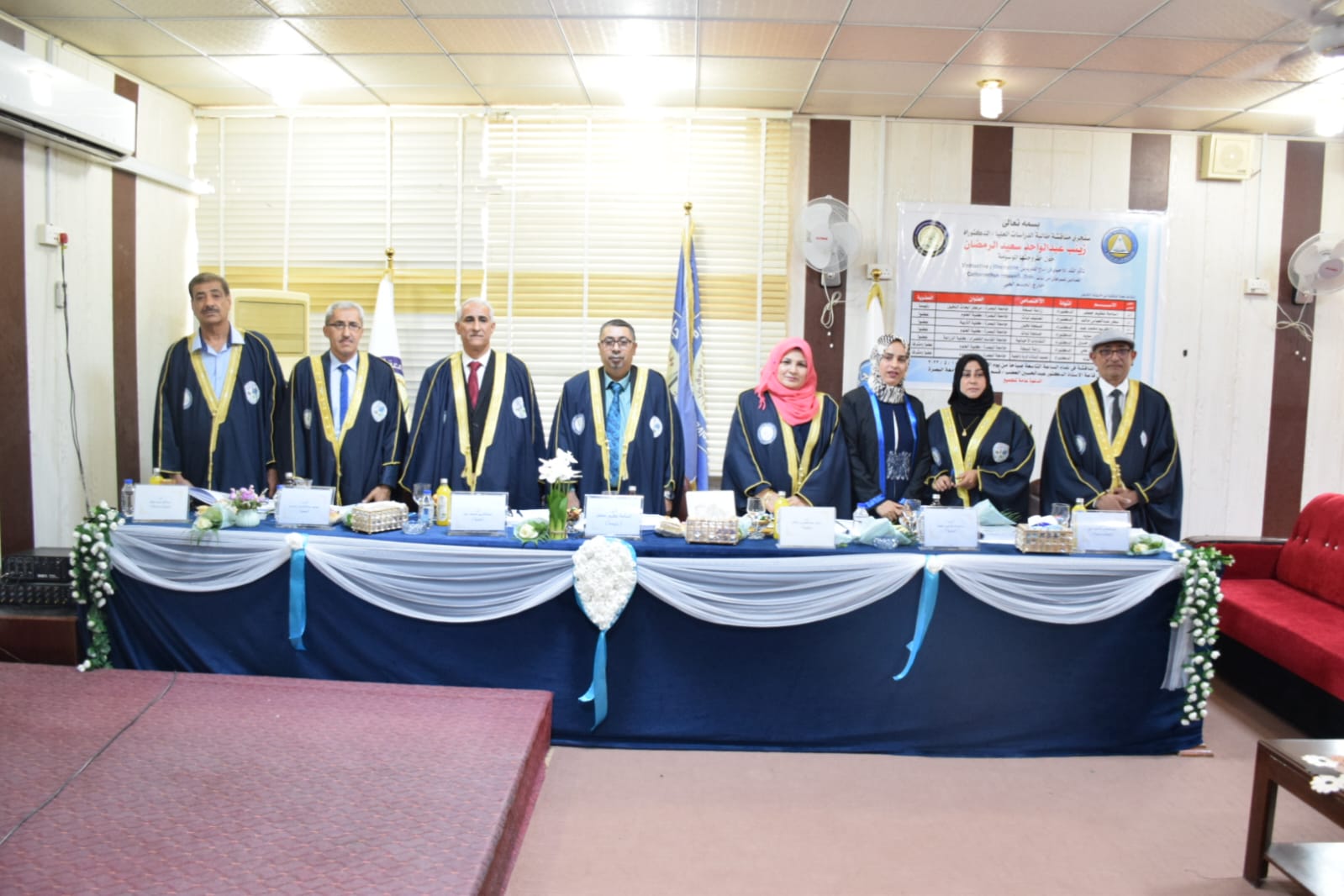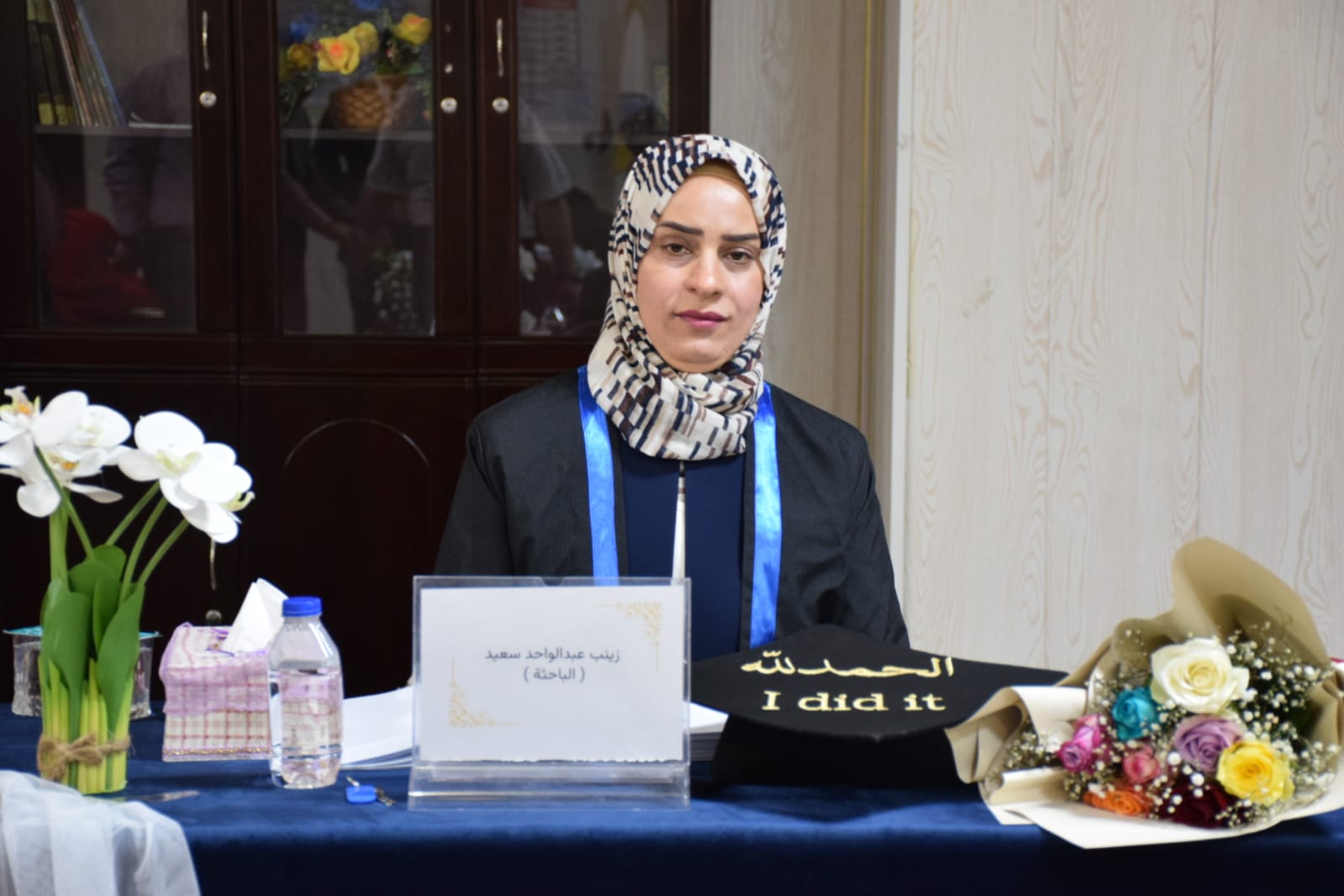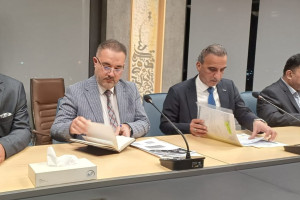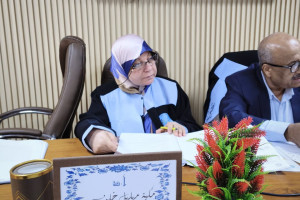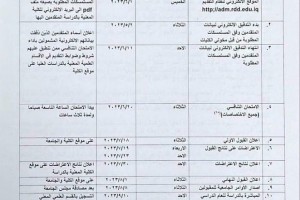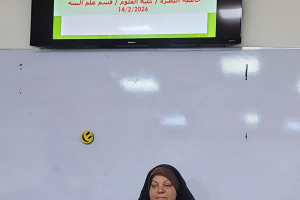
The PhD thesis in the College of Science at the University of Basrah deals with the effect of abiotic stress on the production of some anticancer indole alkaloids from the Catharanthus roseus plant.
A Research Scholar (Zainab Abdulwahid Saied) undertook her viva voce examination held at the College of Science, University of Basrah, entitled "The Effect of Abiotic Stress on the Production of Some Indole Alkaloid Compounds from Catharanthus roseus (L.) G.Don cultured In Vitro ." The study aimed to identify the advantages of producing indole alkaloids using tissue culture methods and compare them with field plants. The study examined the effect of different combinations of growth regulators (auxins and cytokinins) on callus induction and maintenance, as well as the study of various levels of abiotic stress factors, including Sodium Chloride, Polyethylene glycol, Silver Nano Nitrates, Jasmonic acid, Salicylic acid, and Tryptophan on callus induction and the production of indole alkaloids (Vindoline, Vincristine, and Vinblastine). The study concluded that using abiotic stress factors in in vitro callus culture increased the quantities of indole alkaloids. The study recommended further experiments using other concentrations of growth regulators in combinations for callus induction and development in solid and liquid media. Additionally, it suggests exploring the interaction of binary and ternary stress factors to increase the production of indole alkaloids. Furthermore, the study suggests using other abiotic stress factors to determine their impact on increasing the quantity of indole alkaloid compounds.
